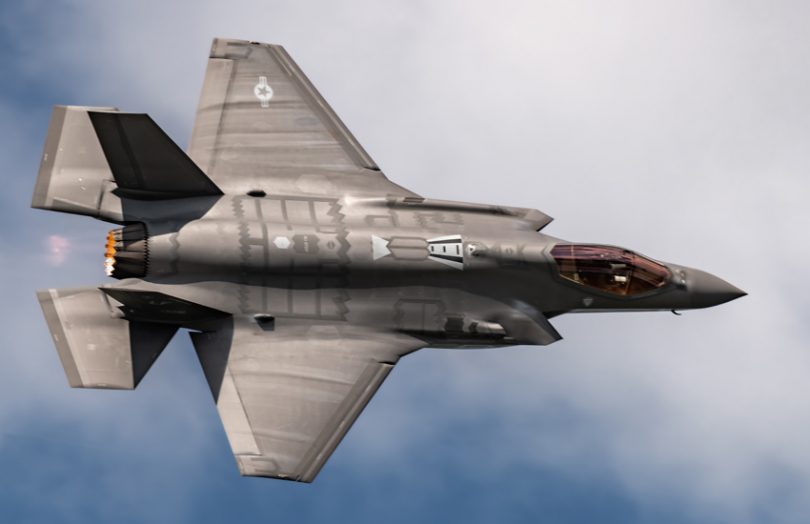This August, global consultancy firm PriceWaterhouseCoopers (PWC) released a report on the advantages of using blockchain in the complex supply chain for defense assets. The paper highlights three uses cases: to increase transparency, to validate suppliers, and to strengthen cybersecurity.
PWC used F-35 fighter jets as an example of the intricacies of the supply chain. Each jet has around 300,000 components manufactured by over 1,900 suppliers. Some individual parts alone require components from multiple suppliers. The more levels in a supply chain, the more disposed it is to disruptions and cyberattacks. Hence, PWC recommends more importance should be given to supplier risk management.
Along these lines, in a controversial article last year, Bloomberg’s “The Big Hack” claimed that some computer motherboards produced by Silicon Valley firm Supermicro had an additional chip that was not part of the original design. According to the report, the microchip allegedly “allowed the attackers to create a stealth doorway into any network that included altered machines.” Both governments and companies face a risk of snooping from any potentially compromised parts. Given the sensitivity of the information contained within the weapons systems, hacks of this kind can be extremely dangerous.
Article continues …

Want the full story? Pro subscribers get complete articles, exclusive industry analysis, and early access to legislative updates that keep you ahead of the competition. Join the professionals who are choosing deeper insights over surface level news.






